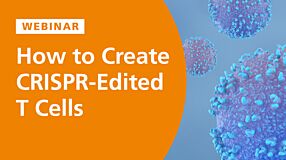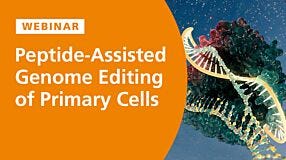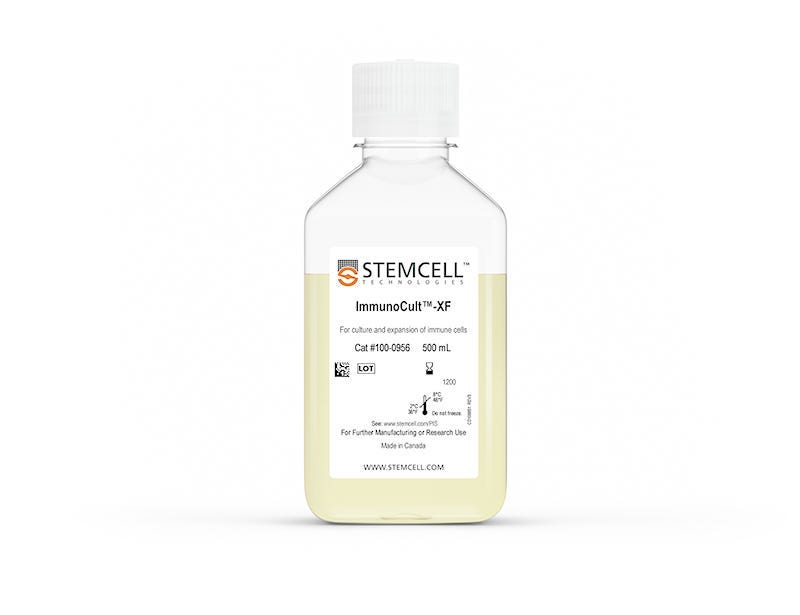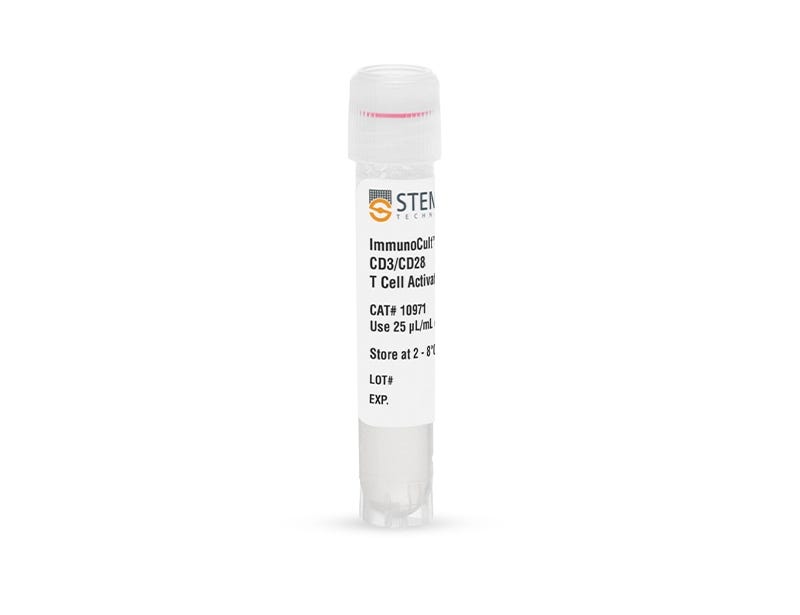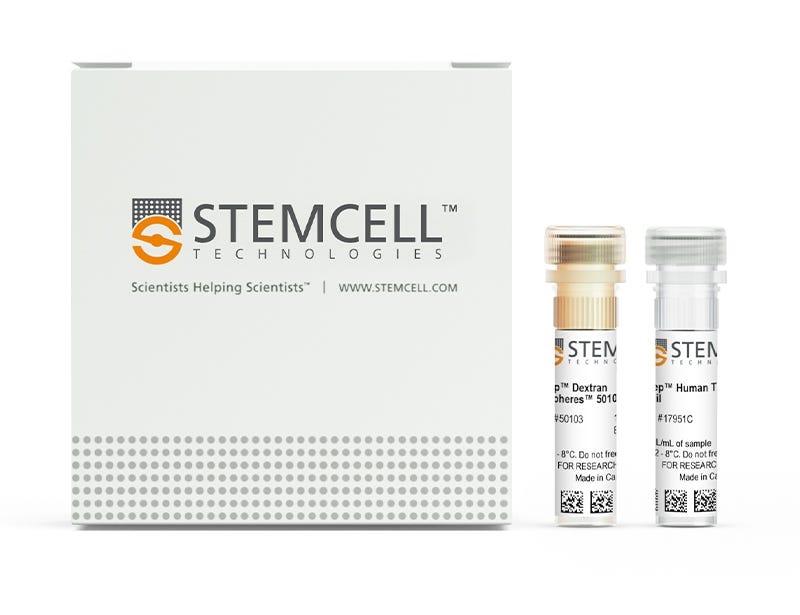Non-Viral CRISPR Knock-In Anti-B7-H3 CAR-T Cells Are Amenable for Treatment of Subtypes of Small Cell Lung Cancer
In this webinar, Scientist Vimal Keerthi discusses his work on identifying CD276 (B7-H3) overexpression in primary human SCLC and developing a non-viral CRISPR-Cas9 knock-in (CKI) based platform against B7-H3 to manufacture CAR T cells for the treatment of SCLC. He demonstrates the feasibility of this CAR T manufacturing platform and how this provides a blueprint for immediate clinical translation, overcoming the bottleneck of viral vector production.
This webinar is part of the “Translational T Cell Talks: Scaling for the Future” event hosted in collaboration with Scientist.com on June 11, 2024. View the rest of the talks and read the Q&A transcripts.
Small cell lung cancer (SCLC), characterized by its aggressive nature, has a poor overall 5-year survival rate (5 - 10%). The immune evasion program in SCLC is mediated by the low expression levels of major histocompatibility complex (MHC) class I molecules, which are needed for T cell receptor recognition. Chimeric antigen receptor (CAR) T cells offer a promising strategy for SCLC, with the ability to target cancer cells in a TCR-independent manner. However, access to clinical-grade viral vectors to manufacture CAR T cells remains challenging.
In this webinar, Scientist Vimal Keerthi discusses his work on identifying CD276 (B7-H3) overexpression in primary human SCLC and developing a non-viral CRISPR-Cas9 knock-in (CKI) based platform against B7-H3 to manufacture CAR T cells for the treatment of SCLC. He demonstrates the feasibility of this CAR T manufacturing platform and how this provides a blueprint for immediate clinical translation, overcoming the bottleneck of viral vector production.
This webinar is part of the “Translational T Cell Talks: Scaling for the Future” event hosted in collaboration with Scientist.com on June 11, 2024. View the rest of the talks and read the Q&A transcripts.
In this webinar, Scientist Vimal Keerthi discusses his work on identifying CD276 (B7-H3) overexpression in primary human SCLC and developing a non-viral CRISPR-Cas9 knock-in (CKI) based platform against B7-H3 to manufacture CAR T cells for the treatment of SCLC. He demonstrates the feasibility of this CAR T manufacturing platform and how this provides a blueprint for immediate clinical translation, overcoming the bottleneck of viral vector production.
This webinar is part of the “Translational T Cell Talks: Scaling for the Future” event hosted in collaboration with Scientist.com on June 11, 2024. View the rest of the talks and read the Q&A transcripts.
Publish Date:
August 27, 2024
Request Pricing
Thank you for your interest in this product. Please provide us with your contact information and your local representative will contact you with a customized quote. Where appropriate, they can also assist you with a(n):
Estimated delivery time for your area
Product sample or exclusive offer
In-lab demonstration
By submitting this form, you are providing your consent to STEMCELL Technologies Canada Inc. and its subsidiaries and affiliates (“STEMCELL”) to collect and use your information, and send you newsletters and emails in accordance with our privacy policy. Please contact us with any questions that you may have. You can unsubscribe or change your email preferences at any time.
